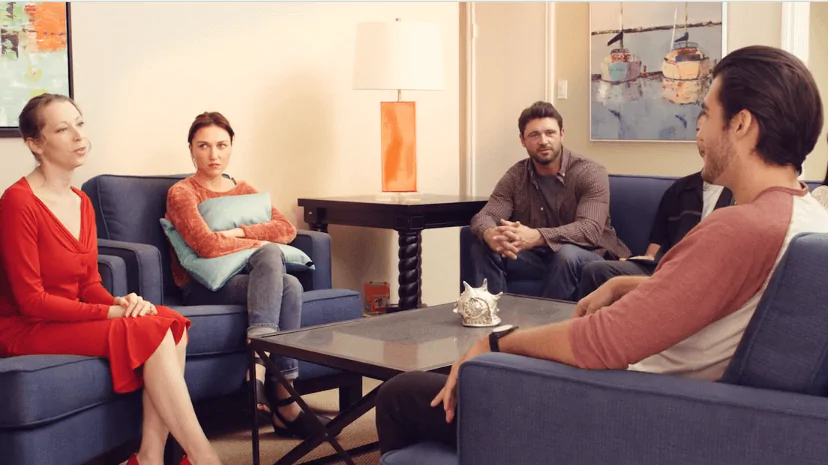24/7 Helpline:
(866) 899-111424/7 Helpline:
(866) 899-1114
Learn more about Schizophrenia Treatment centers in Rutland
Schizophrenia Treatment in Other Cities

Other Insurance Options

Self-pay options

Magellan Health

ComPsych

Highmark

Magellan

MHNNet Behavioral Health

Cigna

Coventry Health Care

WellCare Health Plans

Absolute Total Care

BHS | Behavioral Health Systems

BlueShield

Ambetter

Covered California

CareSource

BlueCross

Choice Care Network

Horizon Healthcare Service

EmblemHealth

Optima






















